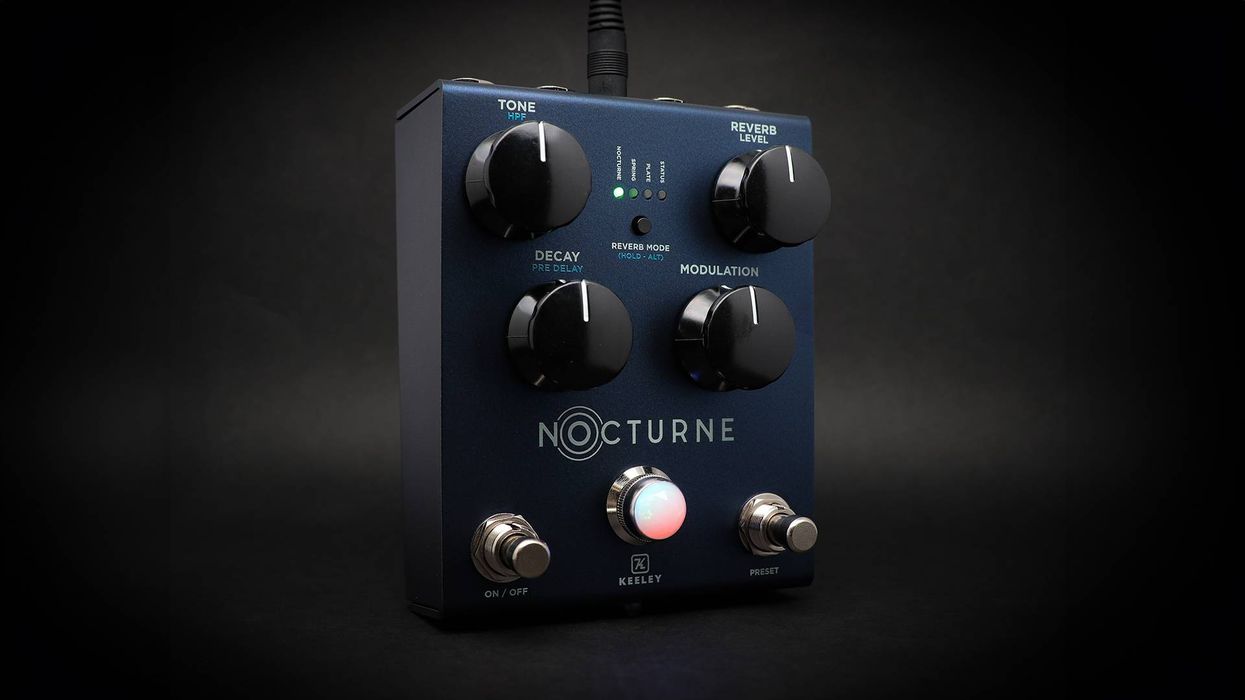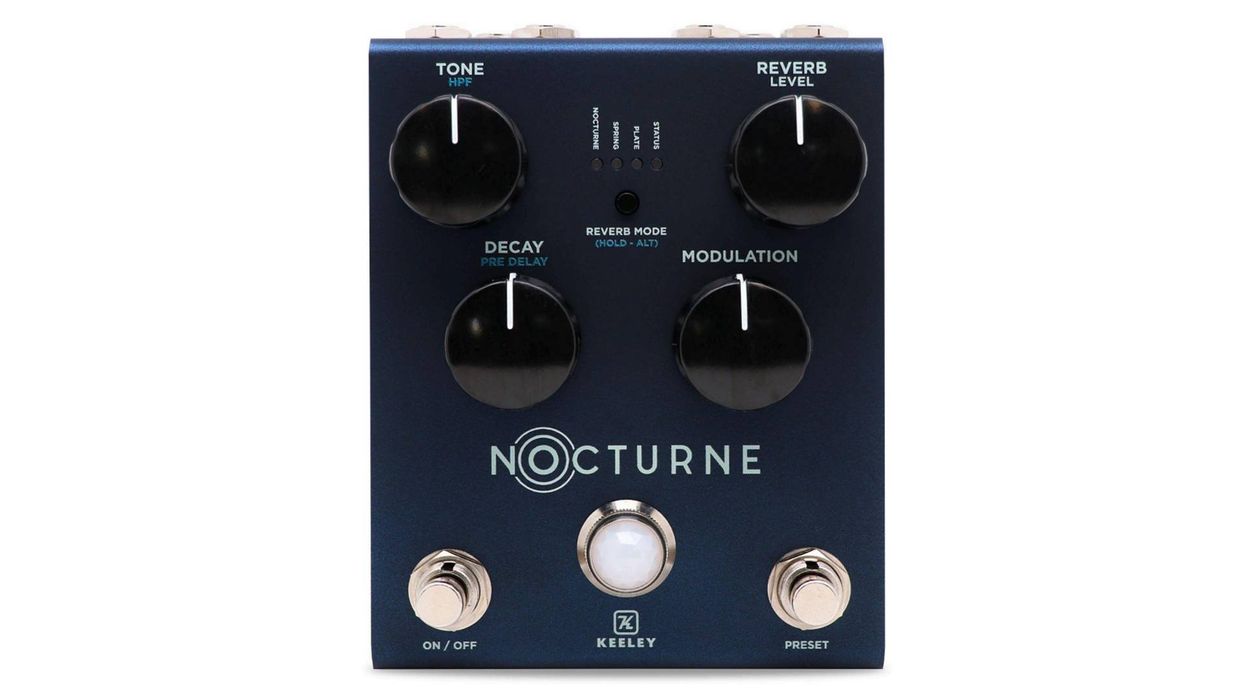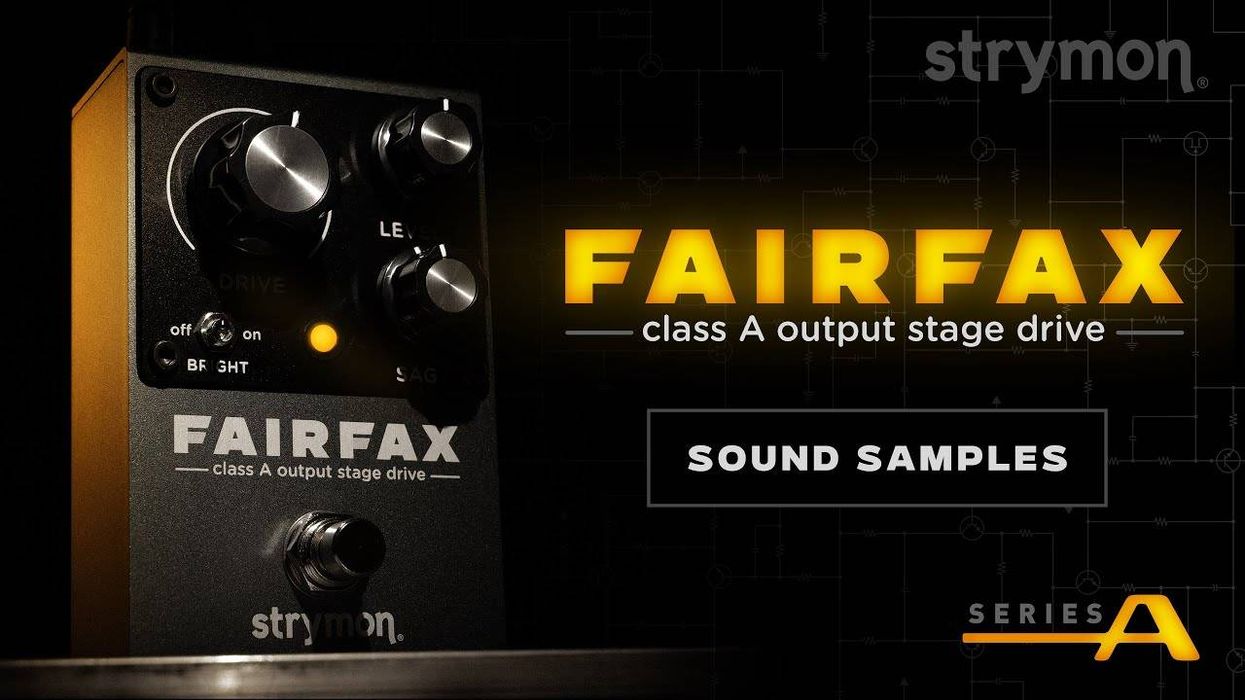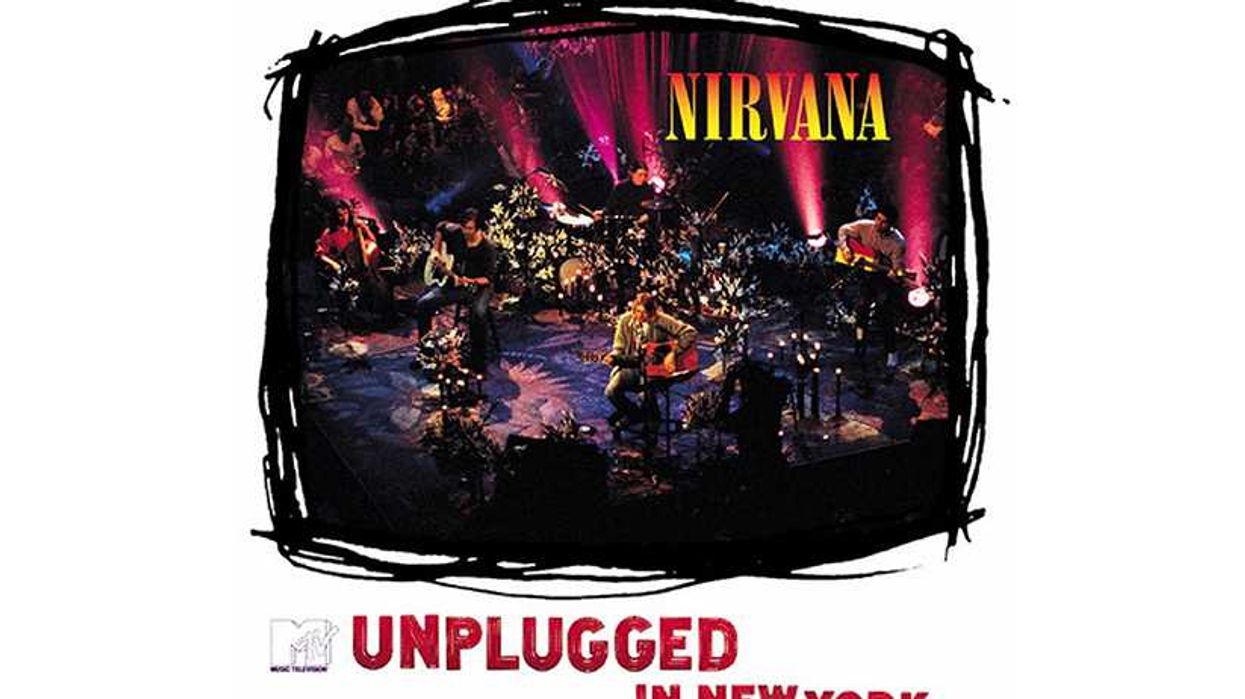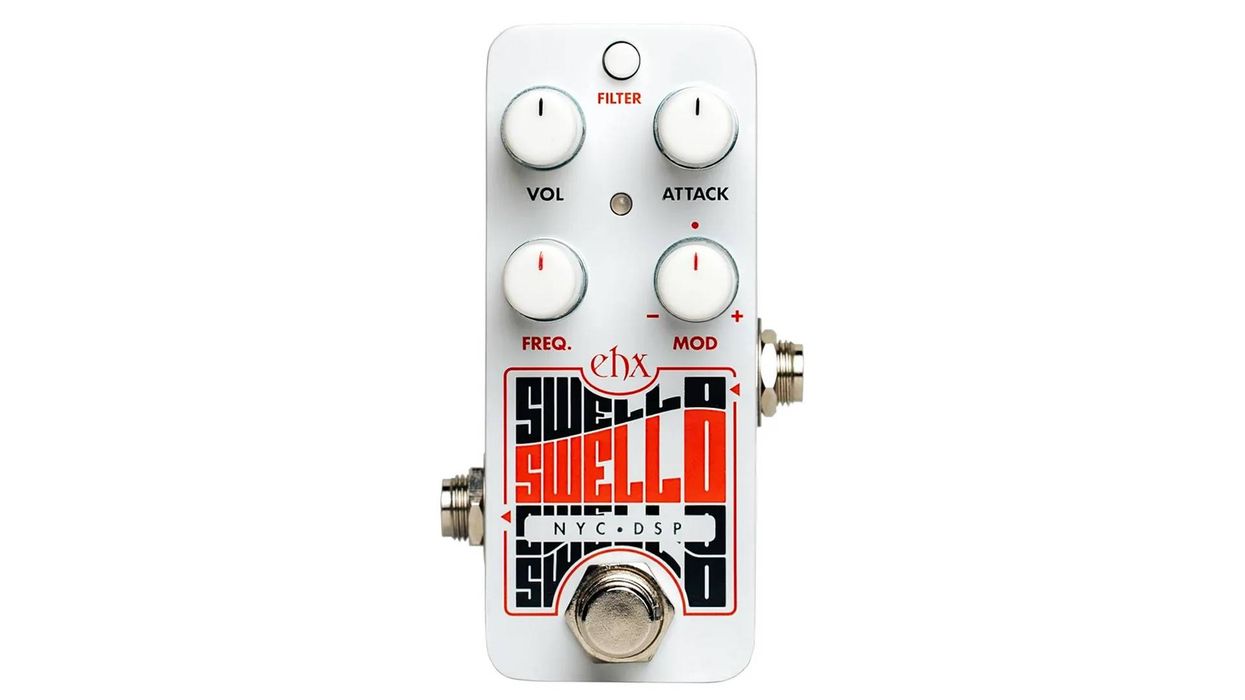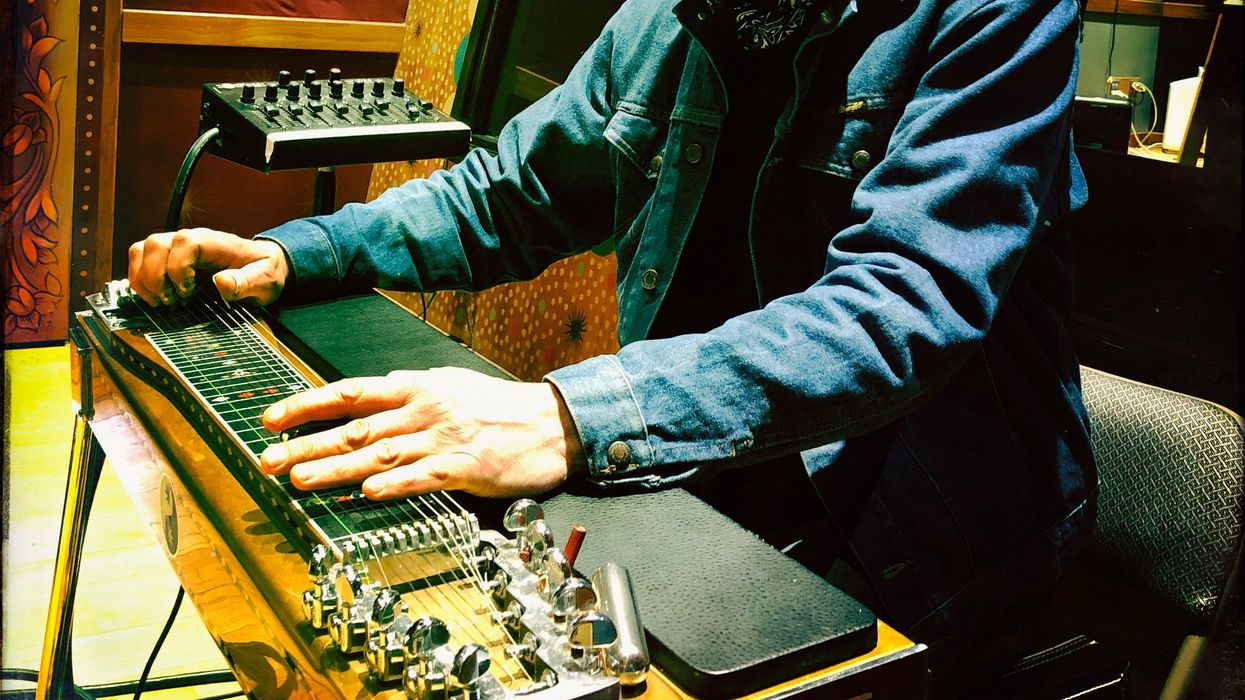Between my band’s recent difficulties with finding a good fit in the 4-string department, and the recent passing of legendary bassist Donald “Duck” Dunn, I’ve been thinking a lot about how magical—and elusive—great bass playing can be. I know this isn’t news to any of the readers/viewers in PG’s pretty sizable bass-playing contingent, but it bears repeating for anyone else who thinks a bassist is just someone who couldn’t hack it on guitar—someone who should just look at the guitarist’s barre chord and play the lowest note therein.
With the exception of the rare technical guru who also happens to be harmonically savvy—players like Chris Squire, Geddy Lee, and Flea—great bassists usually fly under the radar, undetected because their contributions are ever-sosubtle— and yet those subtleties have so much to do with the overall feel of a great song. A ghost note, a muted, percussive stutter, a slow, gentle slide into the actual note—all are easy to overlook in a world where overthe- top playing tends to get you noticed. But what separates the 4-string gods I mentioned above from other notably dexterous players is their wisdom and priorities— they realize melodies, harmonies, rhythms, and other nuances are more impactful than spotlight-grabbing histrionics.
I’d like to take some space here to pay tribute to some of the low-end masters who’ve inspired my own playing and enriched my life with their wonderful creativity.
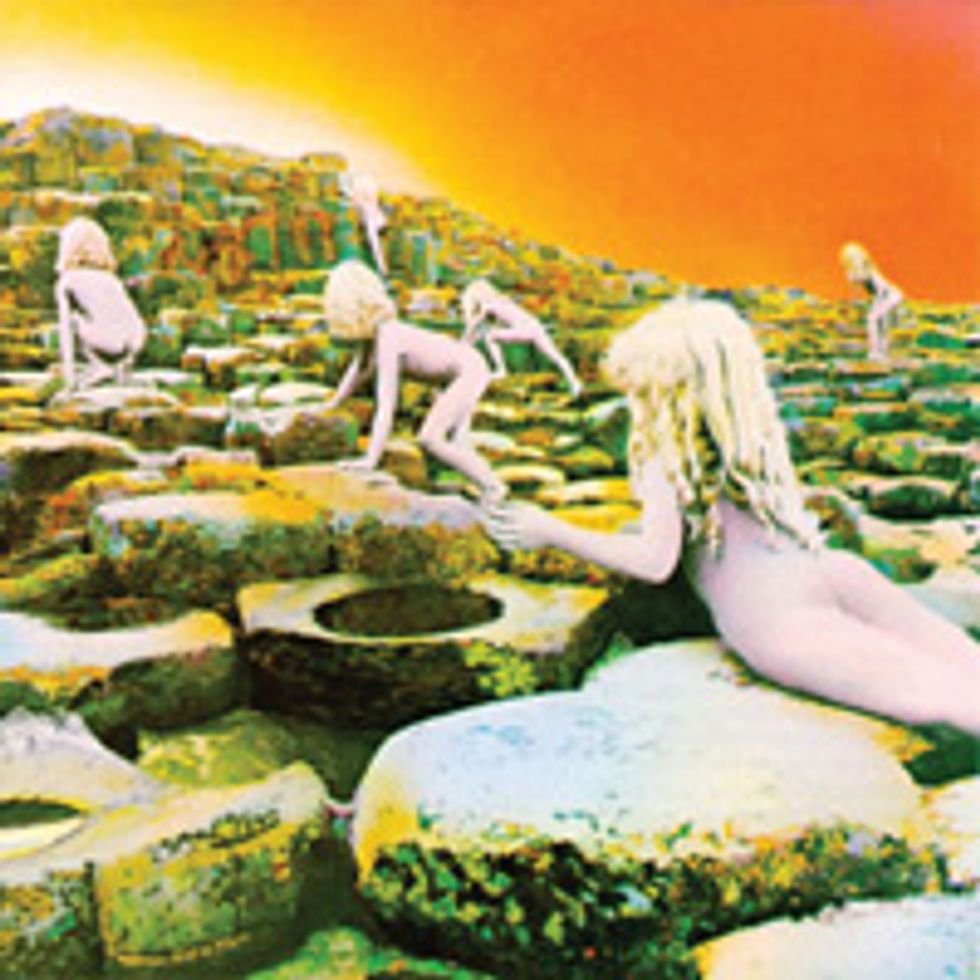
John Paul Jones. So many pixels and reams of paper have been dedicated to every aspect of Led Zeppelin that one almost feels guilty bringing them up in a musical conversation. But the fact is, while Jimmy Page, Robert Plant, and John Bonham typically get all the attention, Jones cemented all those classic tunes in a way few could. He had the perfect combination of a sophisticated vocabulary and an impeccable sense of movement. Can you imagine “What Is and What Should Never Be” without that laidback, totally confident swing in the verse, and then that swaggering, effortlessly melodic bounce during the solo? And the first section of “The Song Remains the Same” would just be echoing, thinsounding chord washes without Jonesy’s tight, urgency-adding lines and wonderful meandering during the open sections. And he always had the sagely self-confidence to know when to just rock the eighth-notes—or pull his bass out of the mix completely (see “Rock & Roll,” “Babe, I’m Gonna Leave You”). And it wasn’t because he didn’t have chops. Try nailing the verse grooves and then the fast arpeggios during the solo to “Good Times Bad Times,” and then we’ll see whose hands are cramping up.
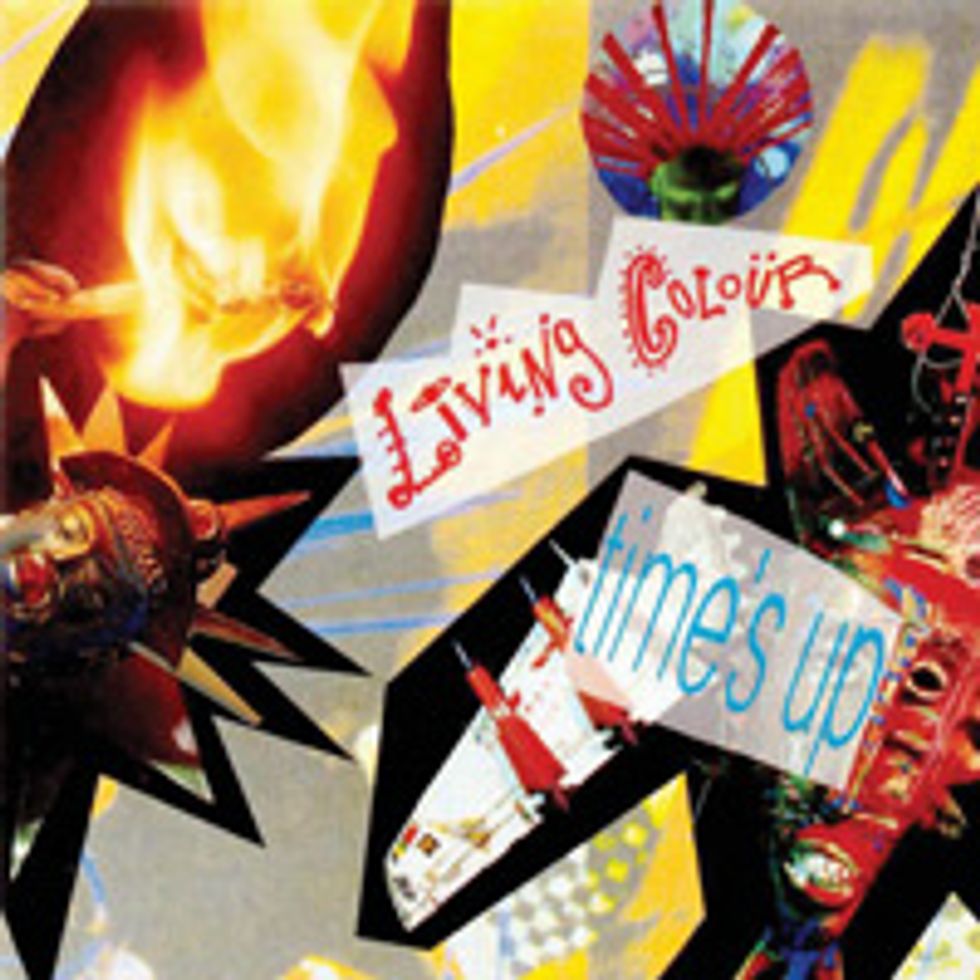
Muzz Skillings. With all due respect to Vernon Reid—the guy who single-handedly got me into funky music in the ’80s (see our interview with him and Jack Bruce on p.79)—Living Colour just hasn’t been the same since Skillings left in ’92. That’s not to say his replacement, Doug Wimbish, isn’t a fantastic player—I’m in awe of his slithering fretless lines on “Nothingness” from 1993’s Stain. But that actually underscores my point about how much a bassist can impact overall direction. Obviously, I’m not privy to the dynamics of Living Colour’s songwriting and inner workings, but if you compare their breakthrough debut, 1988’s Vivid, as well as the 1990 followup, Time’s Up—their last studio album to feature Skillings—with subsequent records, there’s a distinct difference. The first two felt more dynamic, breathed more, had better songs, and felt fresher. Without Skillings’ great background vocals and complex, driving, funky bass lines, Living Colour’s work tends to sound quite dark—thematically and tonally. Need proof? Witness the infectious calypso funk of “Glamour Boys,” the muted strutting and chord flourishes on “Love Rears Its Ugly Head,” and the smoldering burps and slides of “Under Cover of Darkness.” We miss you, Muzz!
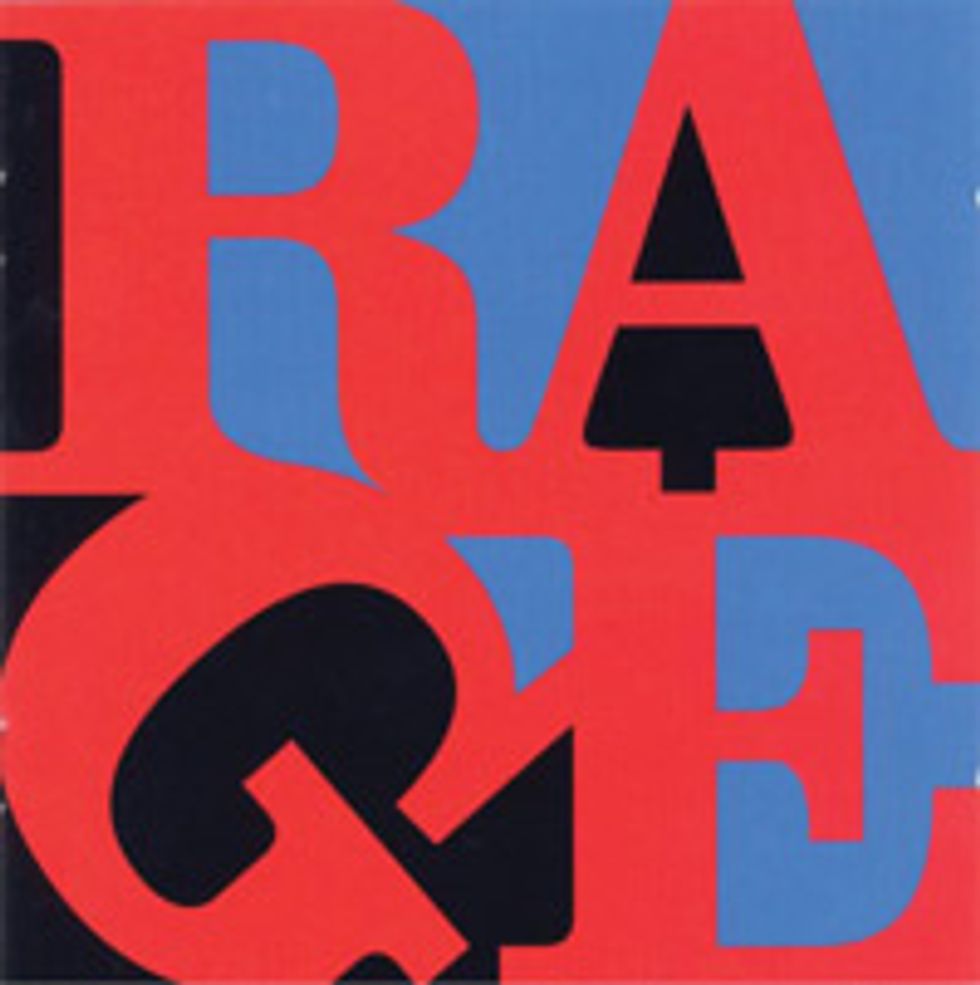
Tim Commerford. For most of the ’90s, Rage Against the Machine’s Commerford and drummer Brad Wilk were regarded as one of the tightest, most bombastic rhythm sections in rock, even if vocalist Zack de la Rocha and quirky guitarist Tom Morello got most of the attention. But while the tightness and bombast labels were spot-on—and totally laudable— there was a lot more to Commerford’s playing than lockstep riffs (see “Freedom,” “Bulls on Parade”). He put a lot of thought and effort into his tones, coming up with inventive multiamp rigs and clever effects applications that yielded perhaps the best, most distinctive distorted bass sound in rock. Most of all, he gave Rage’s rage a whole new dimension with his ominously funky sense of movement (“Ashes in the Fall,” “Sleep Now in the Fire”) and lines that became hooks in and of themselves (“I’m Housin’”). My biggest lesson from Commerford: For a stronger, more consistent fingerstyle tone and attack, play repeating quarter- and eighth-note runs with only your picking-hand index finger whenever the part isn’t too fast or fatiguing.
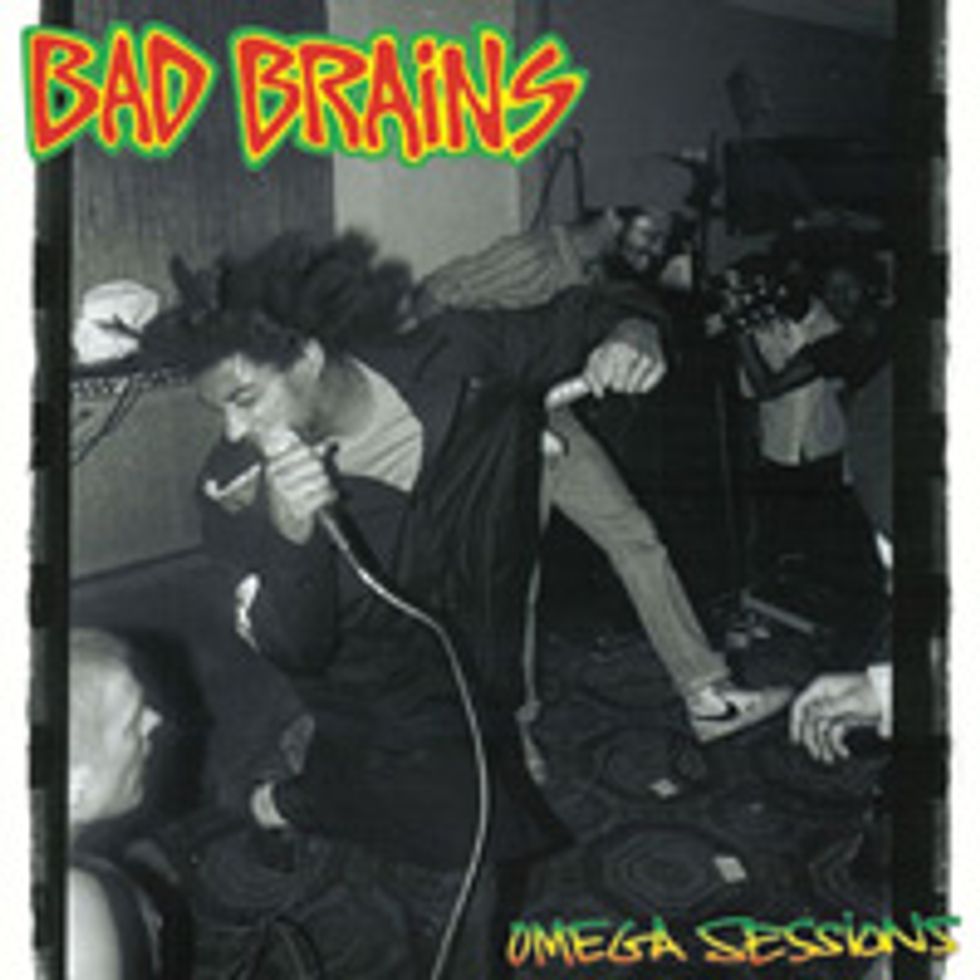
Darryl Jenifer. In the grand scheme of things, Bad Brains is one of those criminally overlooked bands in modern music history— especially considering the innovative way they’ve always seamlessly fused reggae, dub, soul, funk, punk, and metal elements. Anyone who can pump out James Jamerson-toned reggae rhythms with addictive little slides and effortlessly morph into raging, punk-fueled verses (“Stay Close to Me” from 1980’s The Omega Sessions) with such aplomb at the age of 20 is cool in my book. As the late Beastie Boy Adam Yauch—who produced the last BB album, Build a Nation in 2007—once said, “There’s a raw energy that goes beyond technical skill. Other musicians could play the same riffs and chord changes, but it wouldn’t have the same power.” Can’t wait to hear the new BB album due out this year.
Got a favorite bassist who’s a bit off the beaten path? Write me and let me know!
Adios for now!




